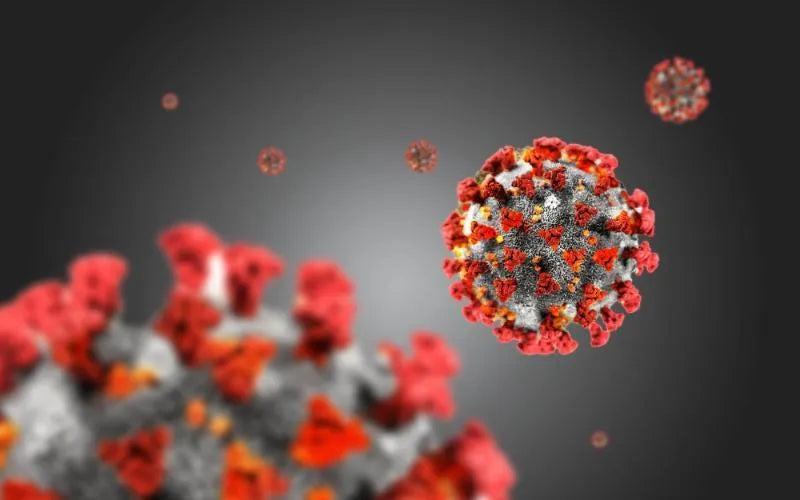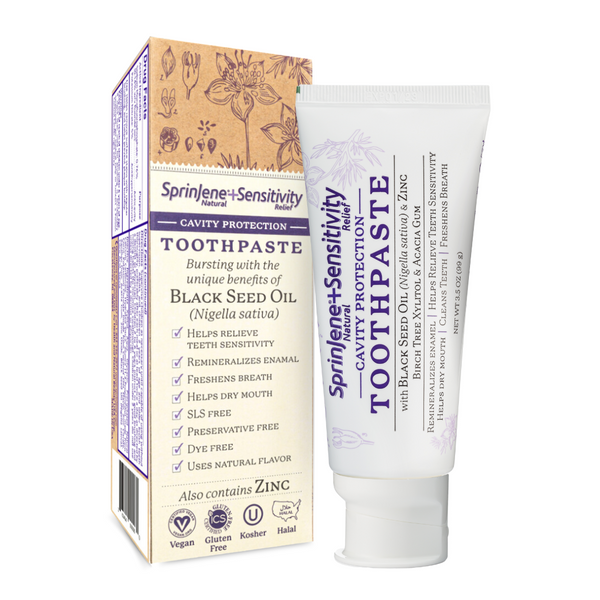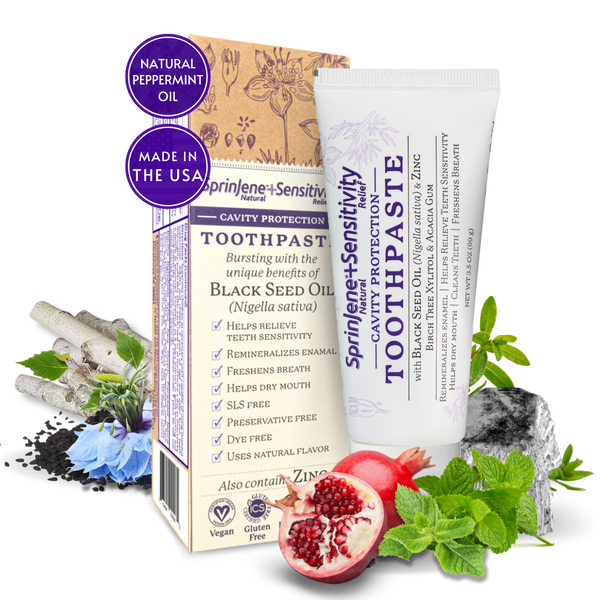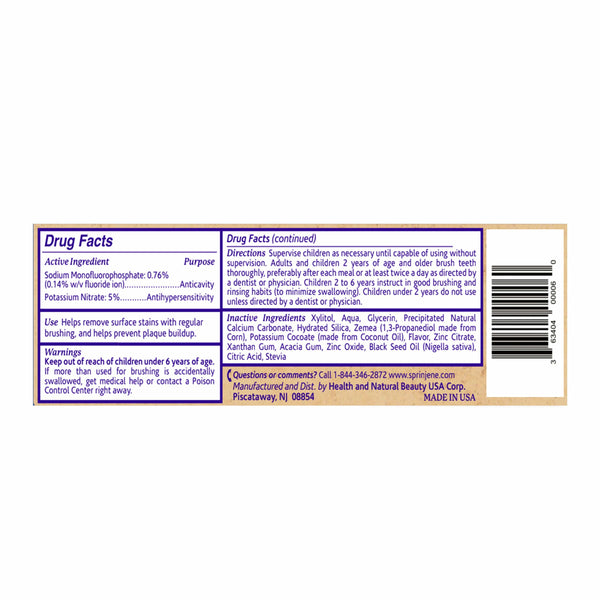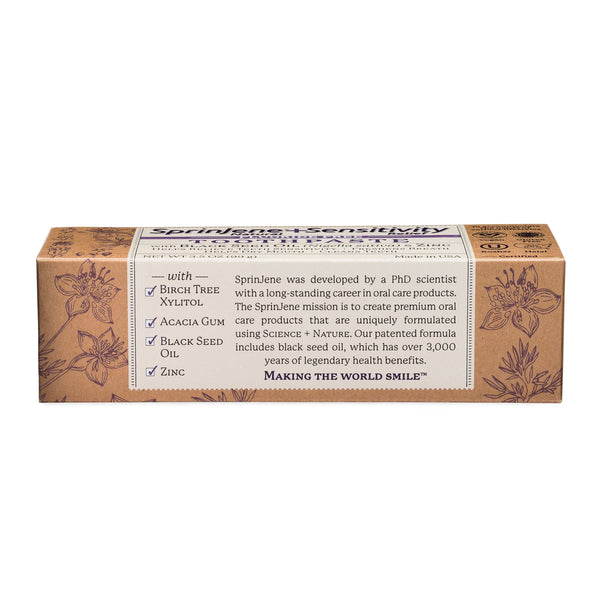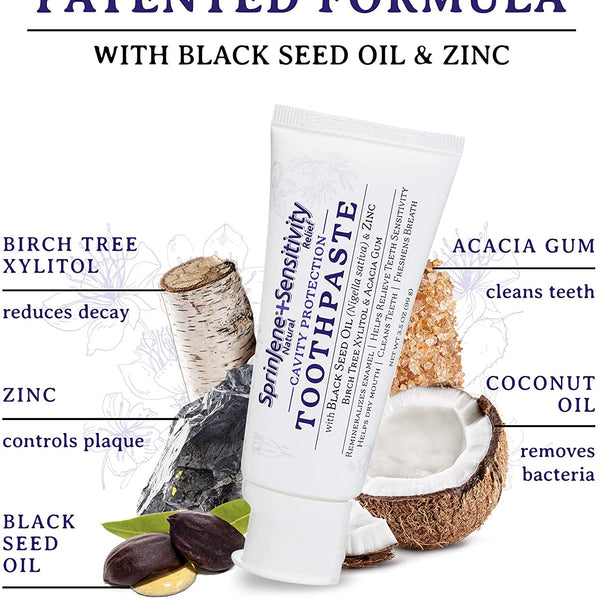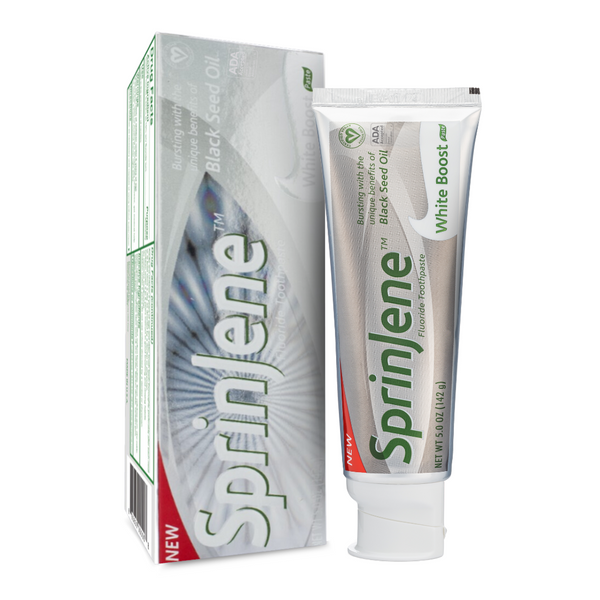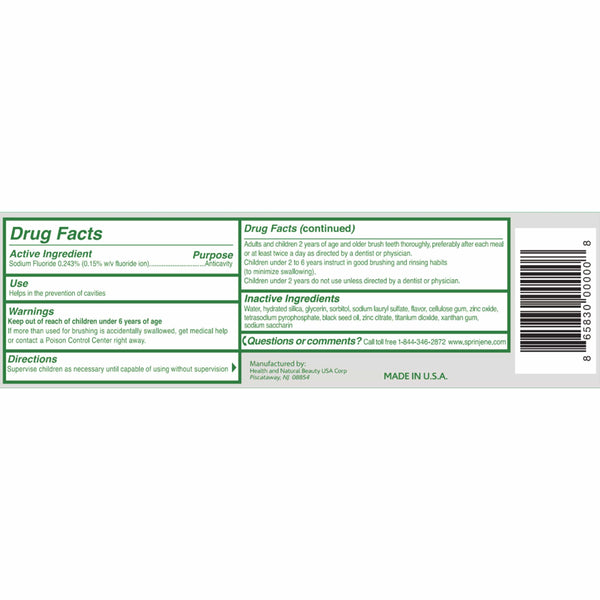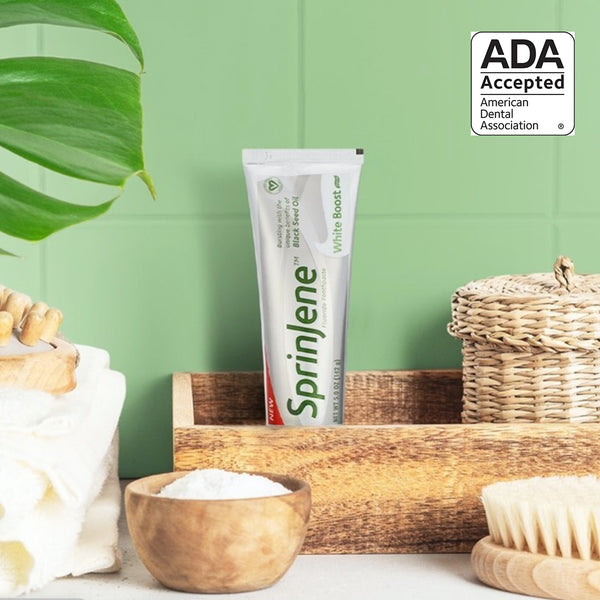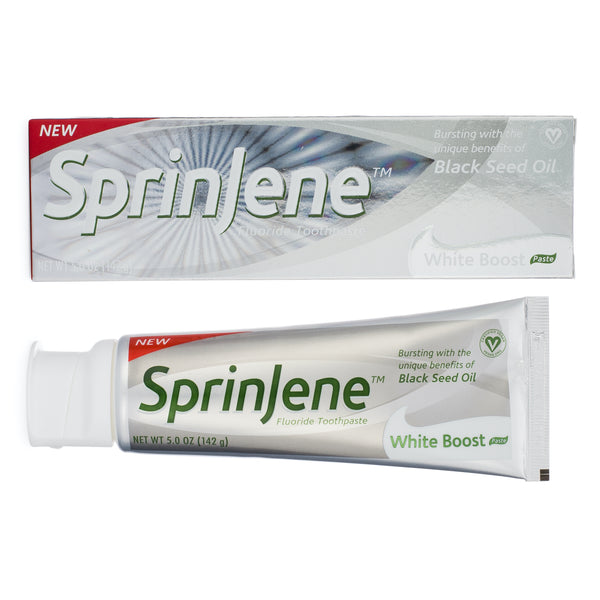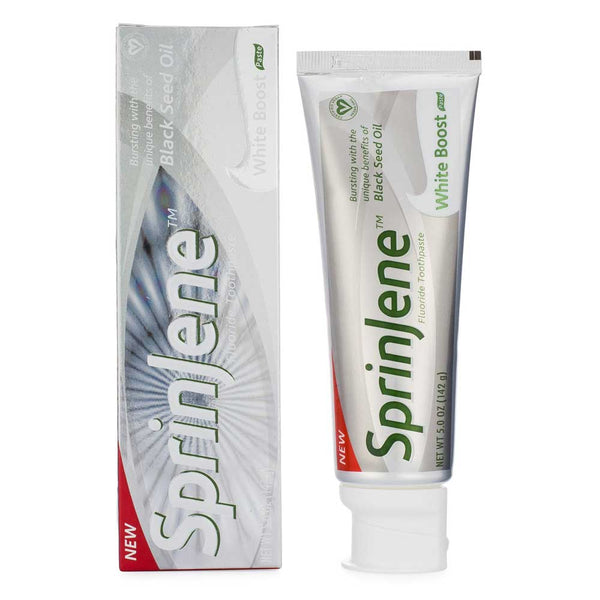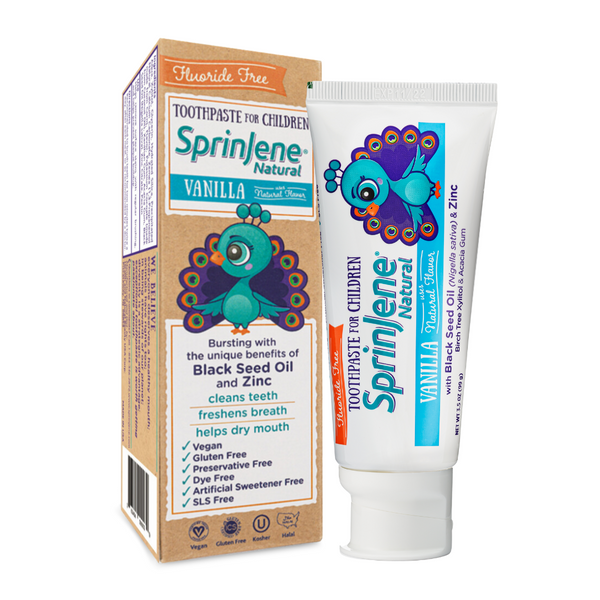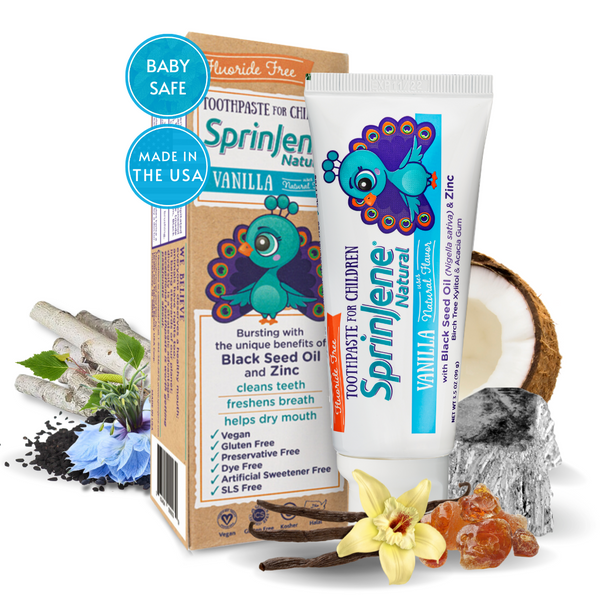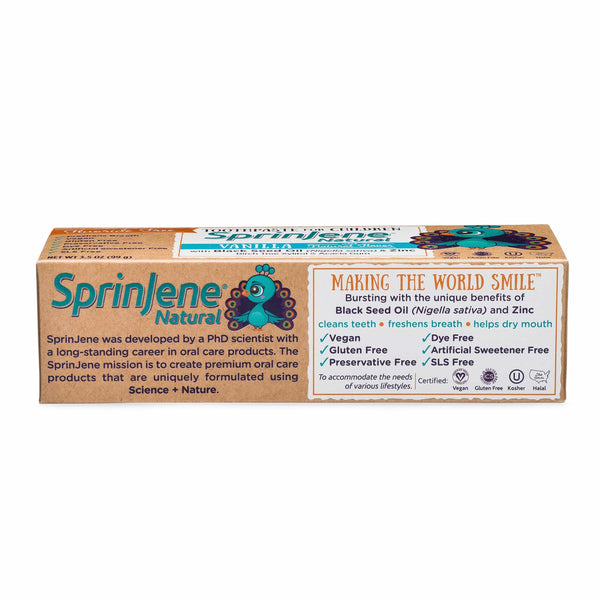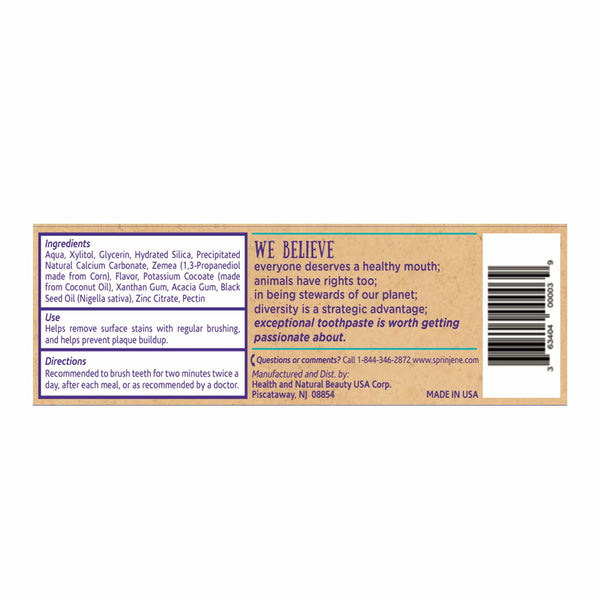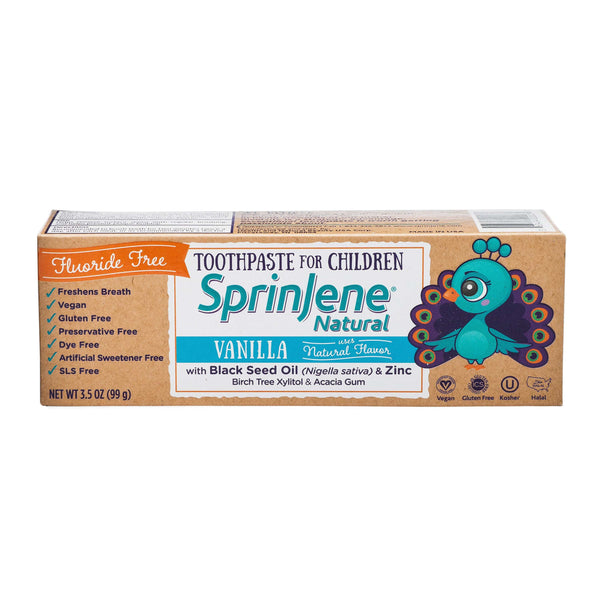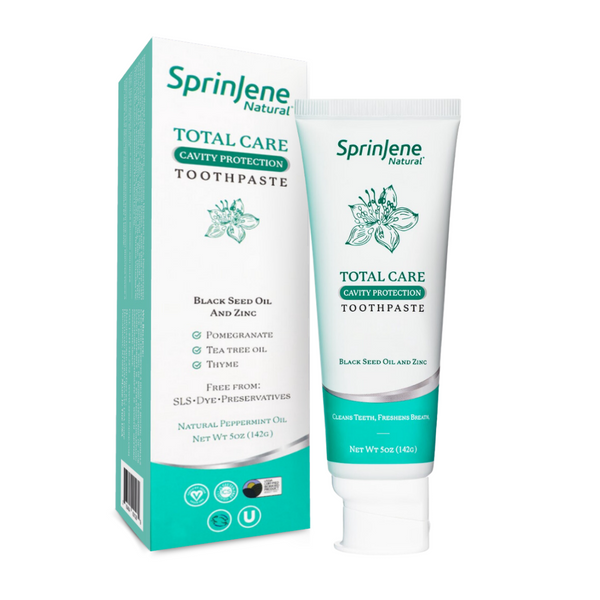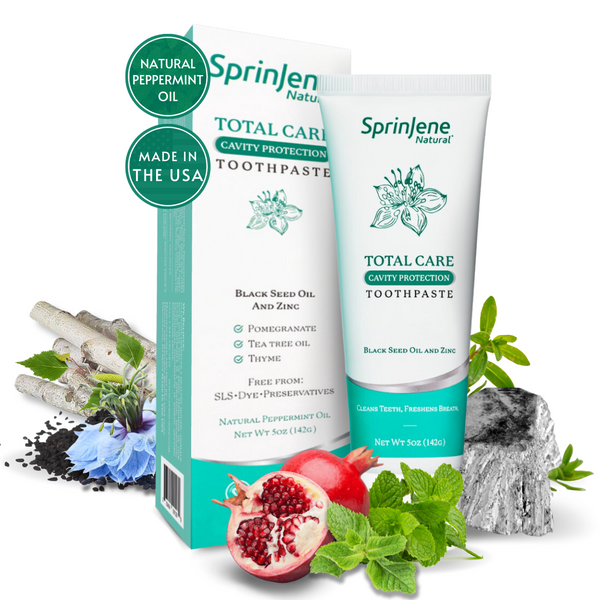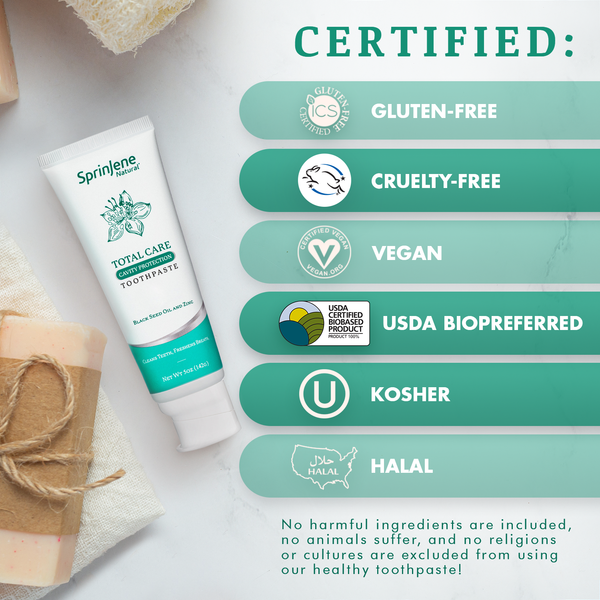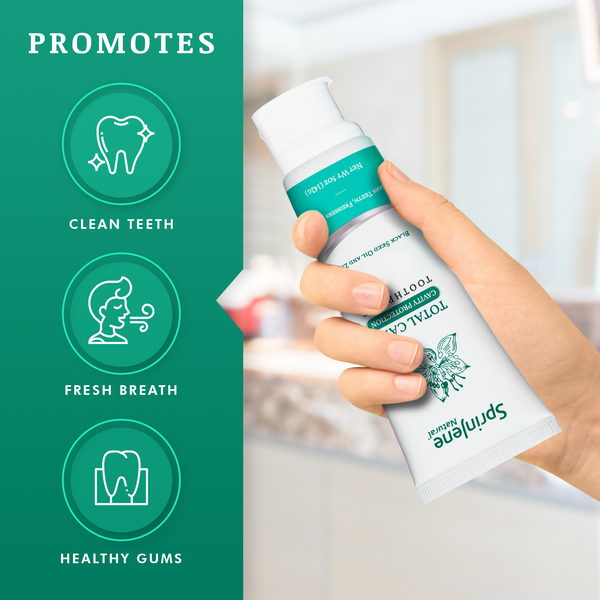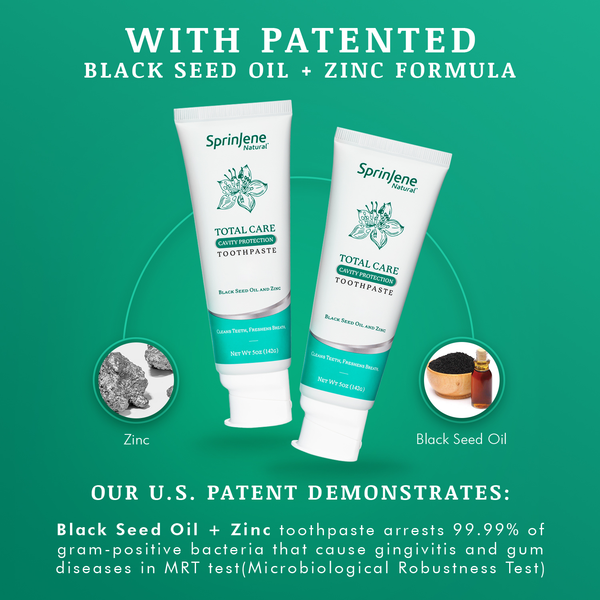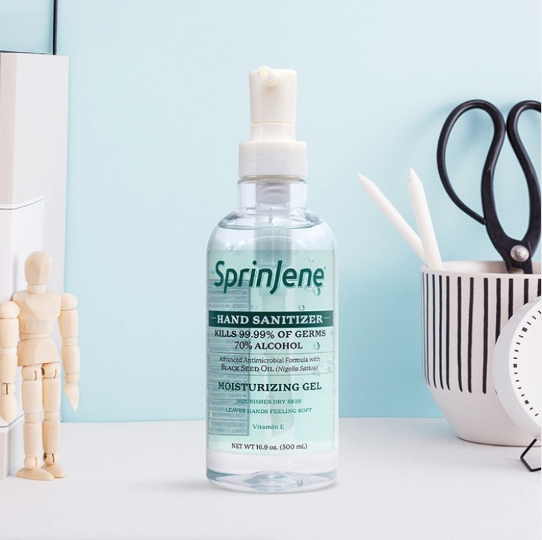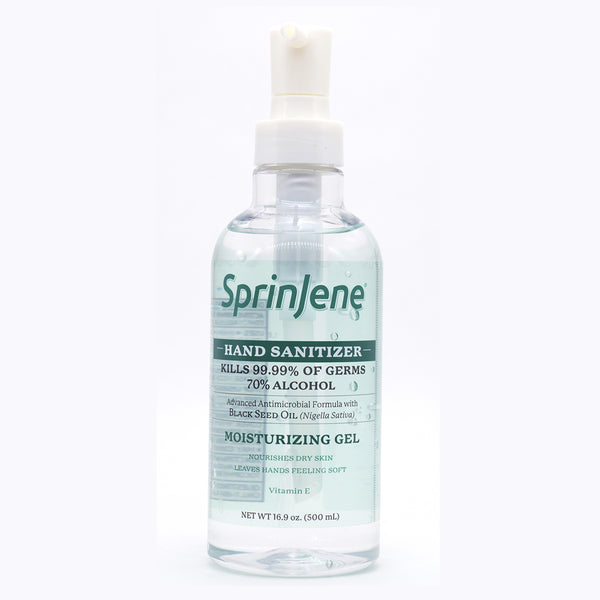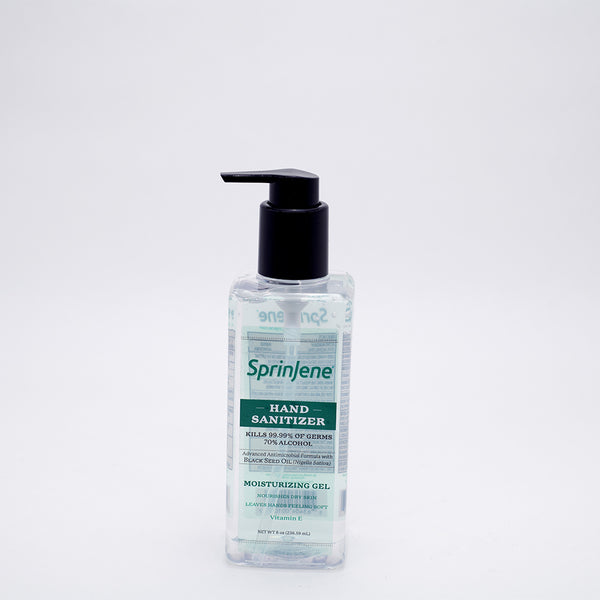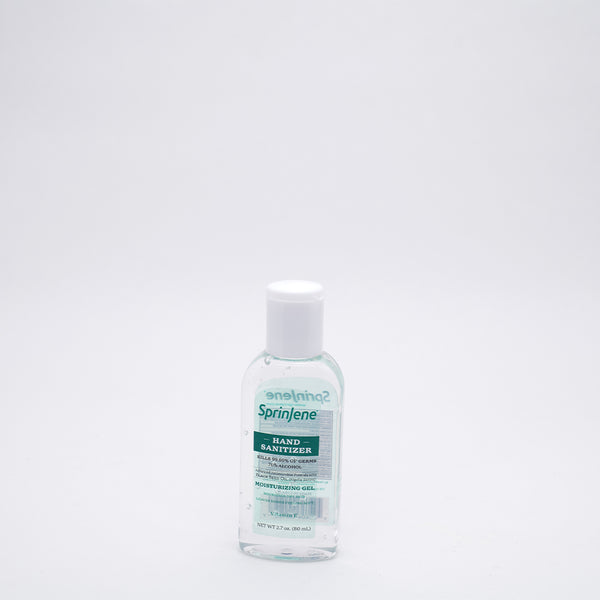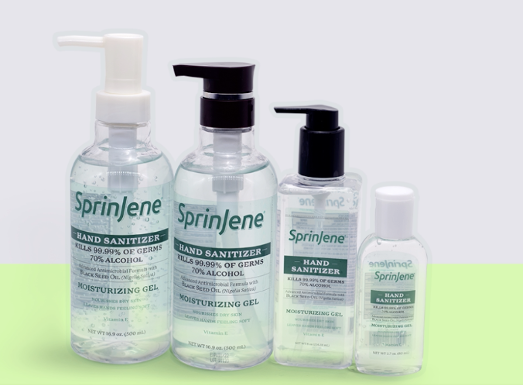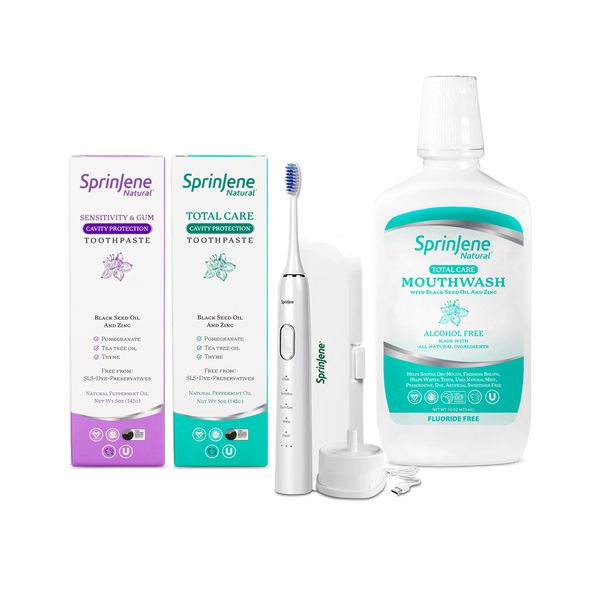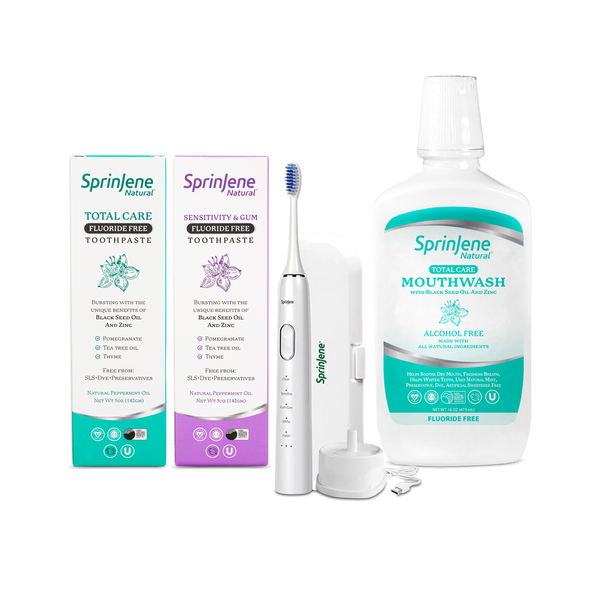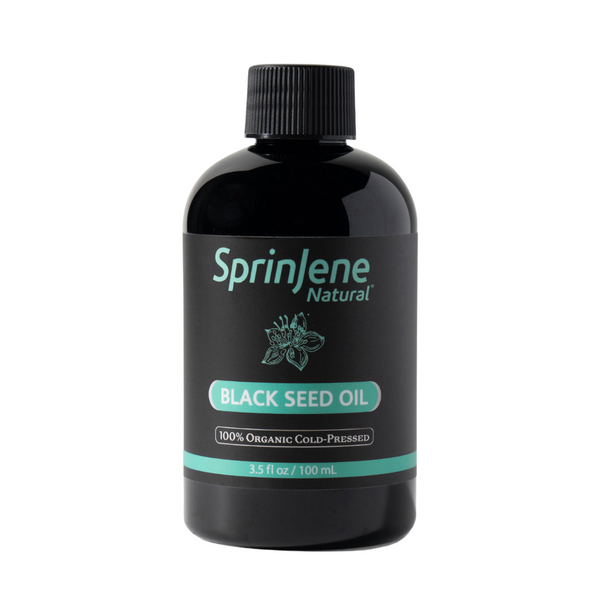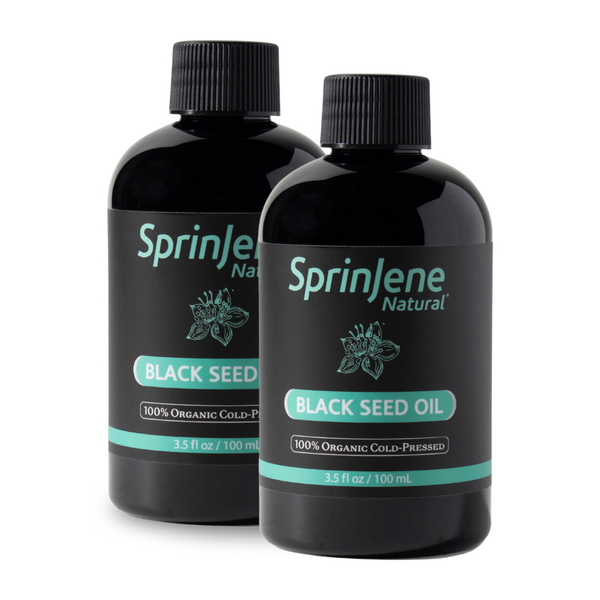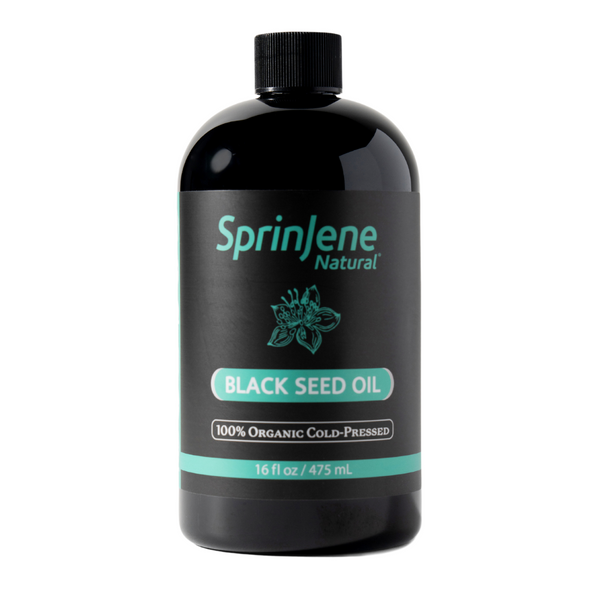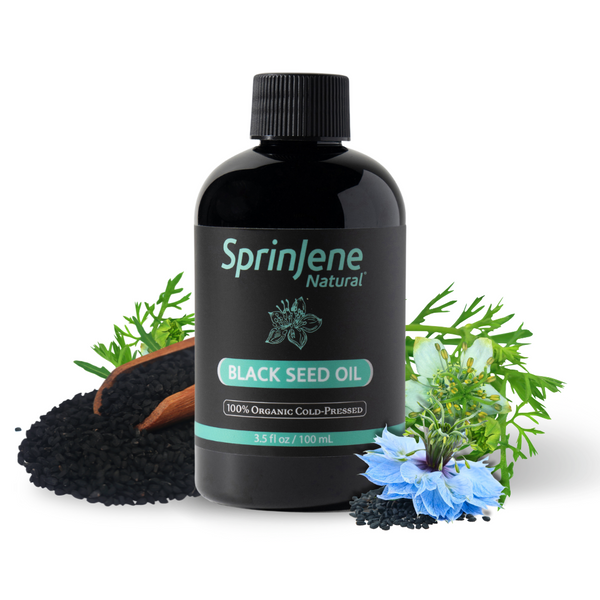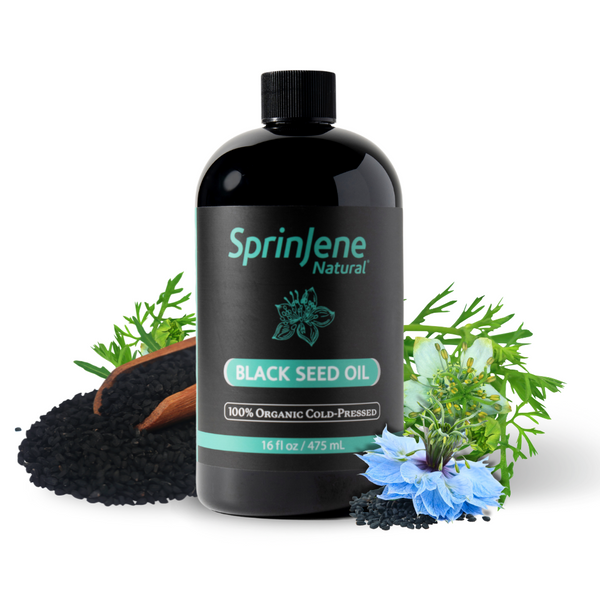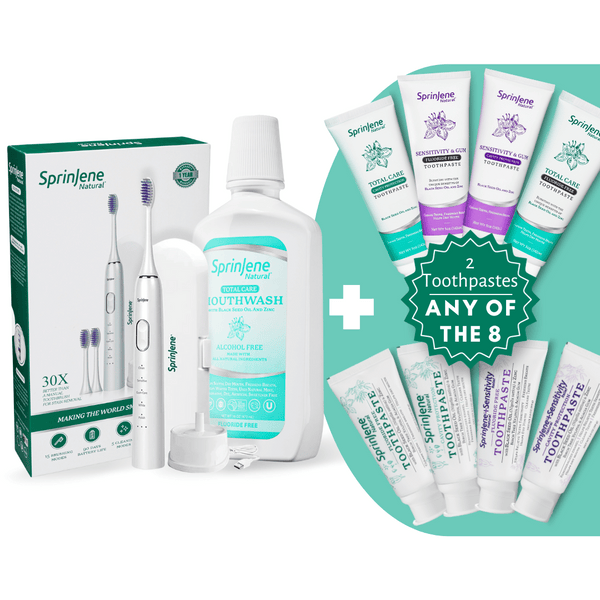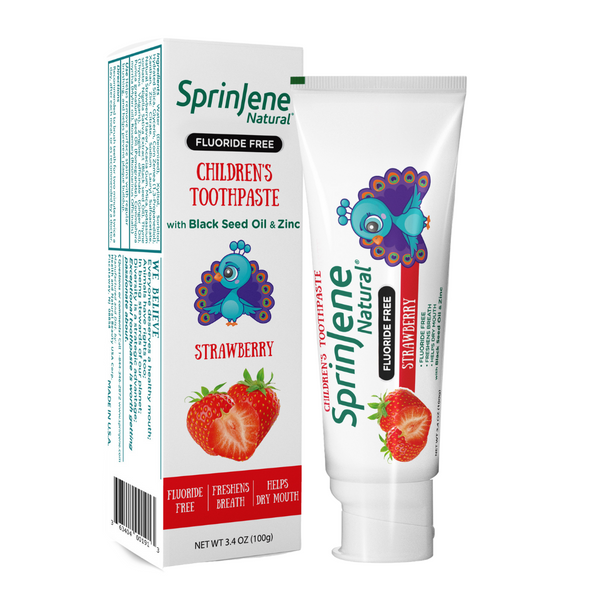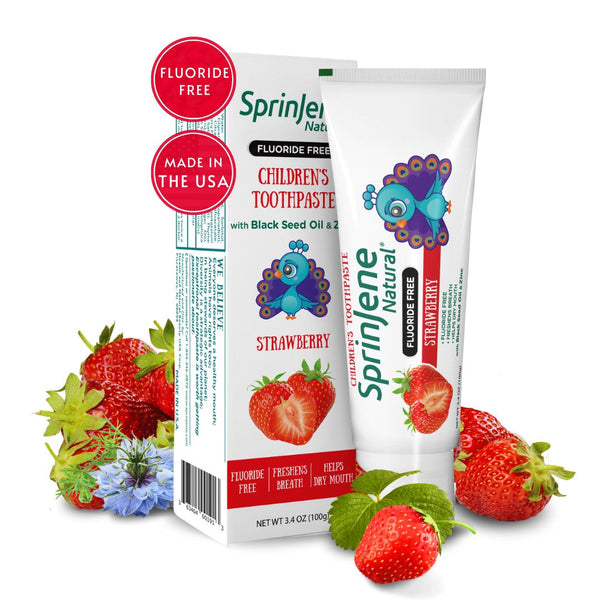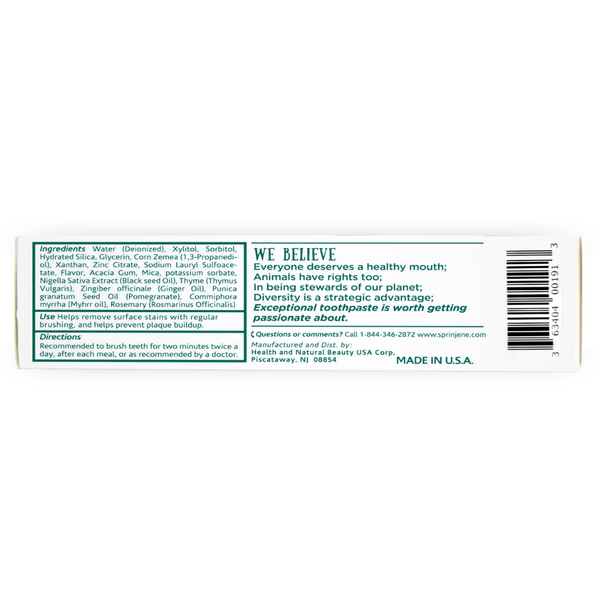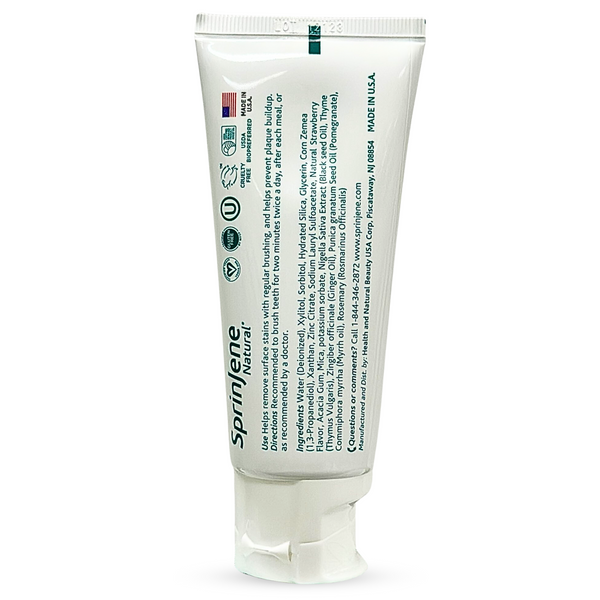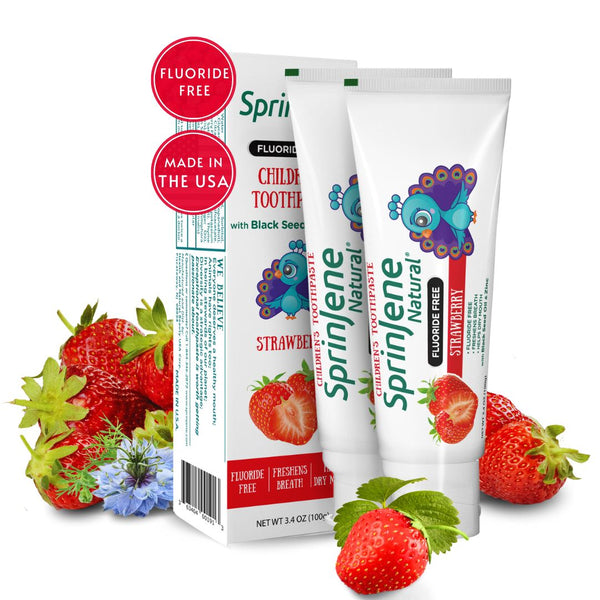
Coronavirus Disease (COVID-19) is a severely infectious disease caused by a newly discovered coronavirus. It is a contagious respiratory illness and is a new strain of coronavirus that has not been previously identified in humans. COVID-19 pandemic has now claimed two million lives. Since it is a new disease, we are still learning about how it spreads.
There are now several vaccines that have been developed and are in use. The first mass vaccination programme started in early December 2020 and as of and as of 15 February 2021, 175.3 million vaccine doses have been administered. The most significant ones being Pfizer, Moderna, and Johnson & Johnson vaccines.
During these uncertain times, it is important to stay healthy and protected from the infection and keep our families safe. It is equally important to maintain oral hygiene as it is a crucial part of overall health. Oral hygiene does not refer to looking after your teeth alone. It encompasses everything that is present inside your oral cavity including your gums, your tongue, the back of your throat and the insides of your cheek.
There are many factors that can affect the health of your oral cavity broadly classified in to external and internal. The internal ones largely depend on the general health of the person for instance patients suffering from conditions such as diabetes, hormonal imbalances, dry mouth or Sjogren’s syndrome, undergoing chemotherapy or radiation, patients on certain medications all fall under this category.
External factors include the patient's habits, diet and oral hygiene awareness:
- Does the patient smoke?
- Do they have a habit of drinking excessive tea or coffee or carbonated drinks?
- Do they consume betel nut?
- Do they have a high sugar diet?
- How aware are they of their oral hygiene?
- Are they brushing at least twice a day?
- Are they flossing, and using a mouthwash?
- Are they using good quality toothpaste?
- How often do they visit a dentist?
As Dr. Steven Grater of Pennsylvania Dental Association has said ‘Your mouth is the entry point of many bacteria, to keep these bacteria from going into your body cleaning, brushing, flossing and rinsing is necessary’
Not only is oral hygiene essential for maintaining good aesthetics and minty fresh breath, but it is equally important if not more in contributing to your general health and well-being.
Ever since Covid-19 emerged in Wuhan, China it has spread across the world and become a global pandemic. Since it is a new disease, and we are still learning about how it spreads and the severity of illness it causes.
One aspect, which is widely accepted, is that it is highly contagious and spares no one. It is spread via droplets and aerosols, which exit the oral and nasal cavity when a person coughs or sneezes or even talks. Therefore, it is very important to keep the mouth clean and free form bacterial infections.
Michael Lewis, a professor of oral medicine in Cardiff, says, "Research has demonstrated that poor oral hygiene is an important factor that could influence occurrence of a respiratory infection. This is especially relevant at this time of the Covid-19 pandemic. Covid-19 is commonly spread by saliva and droplets generated when an infected person coughs, sneezes, or speaks. Toothpastes and mouthwashes contain substances, similar to those in hand sanitizers, that have antiviral actions and could also impact the ability of the Covid-19 to spread which is obviously an additional benefit of a good oral hygiene regimen’.
Dental visits and the pandemic
While previously we were reminded by our dental health care professionals to maintain six monthly routine visits, it is not a wise practicality any more. Not for the coming few months at least. In the state of Philadelphia dental treatments went from off limits, to being emergency- only, and now open to elective and nonemergency procedures but with stipulations that emphasize low risk procedures, such as those that do not produce aerosols.
This limits most dental procedures as a large amount of dental procedures inadvertently produce aerosols.
If you have ever been to the dentist for a routine dental cleaning you will notice that they will be wearing a disposable gown on top of their scrubs, a facemask and goggles or loupes (tiny binocular like glasses) Before your procedure You will also be given goggles to wear to protect your eyes and a napkin placed on your chest.
All these measures are taken to protect the patient and the dental practitioner from dental 'aerosols' and 'splatter'
The terms 'aerosols' and 'splatter' were first used in dental terminology by Micik and Colleagues who produced pioneering works in aerobiology. In their articles, aerosols were described as particles that are less than 50 micrometers in diameter. Particles of this size are so tiny that they continue to remain airborne for an extended period before they settle on environmental surfaces or worse, are inhaled and enter the respiratory tract. The smaller particles of an aerosol (0.5 to 10 μm in diameter) can penetrate and embed in the alveoli or smallest passages of the lungs and are thought to carry the greatest potential for transmitting infections.
Splatter was defined by Micik and colleagues as ‘airborne particles larger than 50 μm in diameter’. The behavior of these particles was described as 'ballistic' by Micik and colleagues. Explaining further that when released from the source or operating site these particles or droplets behave very similar to a bullet ejecting with force following a curved path until they come in to contact with a surface or fall to the floor due to gravity. These particles are too large to become suspended in the air and are airborne only for a short period.
The dentist, dental team, and the patient are all aware of the production of this airborne material as it is visible to the naked eye as a cloud of spray. This aerosolized cloud is a combination of materials originating from the treatment site (patient) and the dental unit waterlines. Therefore, it is recommended that all necessary protective gear is worn during aerosol-generating procedures especially during tooth preparation, scaling and polishing, air abrasion and during the use of an air-water triple syringe.
Procedures Producing Aerosols:
- Ultra sonic and sonic scaler: These are known to be the greatest source of aerosol producing devices. Use of a high volume evacuator will reduce the airborne particles by more than 95%
- Air polishing: nearly equal to that of ultrasonic scalers
- Air-water syringe: nearly equal to ultrasonic scalers
- Tooth preparation with air turbine hand piece: minimal contamination if rubber dam is employed
- Tooth preparation with air abrasion: extensive contamination with abrasive particles has been shown
Conclusion
It is evident that a considerable amount of aerosols are produced during dental procedures and have the potential to remain air bourne and spread infection to dental personnel and people within the dental office. Due to this reason it is advised to minimalize dental visits to protect the patients as well as the health care workers at the clinic.
Penn Today spoke with the School of Dental Medicine’s Deanne Wallaert, public health dental hygiene practitioner, about how to keep up or enhance dental home care, and to Mark Wolff, Morton Amsterdam Dean, about what to expect as nonemergency dental visits resume. These points have been summarized below.
How to Enhance Dental Home Care:
Brushing: Never skip brushing before bed, and make sure you’re brushing twice a day for two minutes using a good quality fluoridated toothpaste. A good quality natural toothpaste with added benefits such as those present in StrinJene can further encourage antibacterial activity. This could potentially aid in prevention at the point of entry of the virus or bacteria which is the mouth. Remember to change your toothbrush every three months, or after you’ve been ill. If you’re concerned about infection, you can disinfect your toothbrush daily by running it under really hot water for a few minutes. Or depending on the brand, you can even boil your manual toothbrush.
Also keep in mind to brush your tongue as most people tend to forget. A lot of bacteria hides on our tongues and can cause halitosis, or bad breath. Some patients complain that they gag when they brush their tongue, this can be avoided by using a tongue scraper. You can just put it back and rake it toward the front of your mouth, or side to side, and that will be effective.
Interdental cleaning: Don’t forget to floss between those pearly whites! Once a day is recommended but flossing twice a day won’t hurt.
Mouthwash: Another great way to keep you feeling fresh and squeaky clean is using a mouth rinse. The swishing action reaches areas the brush and floss miss. If you experience dry mouth, we recommend using a mouth rinse with no alcohol. If you’re concerned about cavities use a fluoridated mouthwash.
Diet: No matter how well you brush your teeth it all boils down to your diet. It’s really important to minimize the simple carbohydrates and sugar consumption in between meals. Simple carbs, like pastas or cereals, convert to sugar really quickly in the mouth; those are cavity-causing foods. It is strongly recommended to switch to more fresh and crunchy vegetables.
It is also recommended that you drink more water. A dry mouth causes more bacterial build up where as drinking water allows flushing out of this bacteria and any food remnants that may be stuck to your teeth.
Reducing sugary beverages such as soda cans, tea and coffee with added sugar can greatly reduce the health of your teeth. A regular soda can contain about 10 teaspoons of sugar. Regular consumption can have disastrous effects on your teeth. So watch out for what you are eating!
Younger children and the elderly need extra care and attention to maintain their oral hygiene. They should be assisted during brushing and their diet should be monitored.
Sticky candy and toffees are strongly discouraged as they tend to cause the most damage and serve no nutritional value.
What Qualifies as a Dental Emergency and Warrants a Dental Visit?
- Pain
- Swelling
- Fever
- Inability to eat
- Swollen lymph nodes
- Pain radiating to temple or ears
- If you experience any of these symptoms you can call your dental health care professional to check if they’re able to assess and ease your concerns over the phone. If it is more serious it qualifies as a dental emergency and you would have to make a trip to the dental office.
How natural tooth paste can help decrease viral load:
A clean and healthy mouth may be less prone to viral infections just as it is well known that a healthy body is less prone to get any other infections. To do that it is essential to get rid of as much bacteria as possible while in the mouth before it enters into your body. Toothpastes and mouthwashes can be excellent tools in doing just that.
Fortunately, SprinJene being an all-natural toothpaste is packed with two naturally occurring power ingredients namely, black seed oil and zinc. Thymoquinone present in black seed has been documented in numerous scientific papers for its immense antibacterial and anti-inflammatory properties. Black seed has been used to treat ailments for over 2000 years. Today, it is used for dysentery, constipation, and hemorrhoids and also used for respiratory conditions including asthma, allergies, cough, bronchitis, emphysema, flu’s and congestion. It has also been shown to boost immunity and demonstrates a significantly quicker response. This is especially important since it is the immune system that needs strengthening at this crucial time. Most patients with comorbidities such as diabetes, cardiovascular diseases, autoimmune diseases and those fighting cancer are the ones who have shown the worst effects of COVID19 due to weaker immune systems. This is because their immune responses are slow. Younger and otherwise healthy patients display milder symptoms and are able to fight off the virus without any complications. Hence it is imperative that we try to practice measures that boost our immunity.
According to the European Journal of Immunology, the human body needs zinc to activate T lymphocytes
T cells help the body in two ways:
- Controlling and regulating immune responses
- Attacking infected or cancerous cells
Zinc deficiency can severely impair immune system function.
According to a study published in the American Journal of Clinical Nutrition, “zinc-deficient persons experience increased susceptibility to a variety of pathogens.”
Therefore, it can be concluded that maintaining good oral and nasal health by brushing with a good antibacterial toothpaste, gargling and rinsing out the nostrils could contribute towards improved general health and combat the infliction of bacterial and viral infections thereby reducing the viral load in this period of Covid-19 susceptibility.

